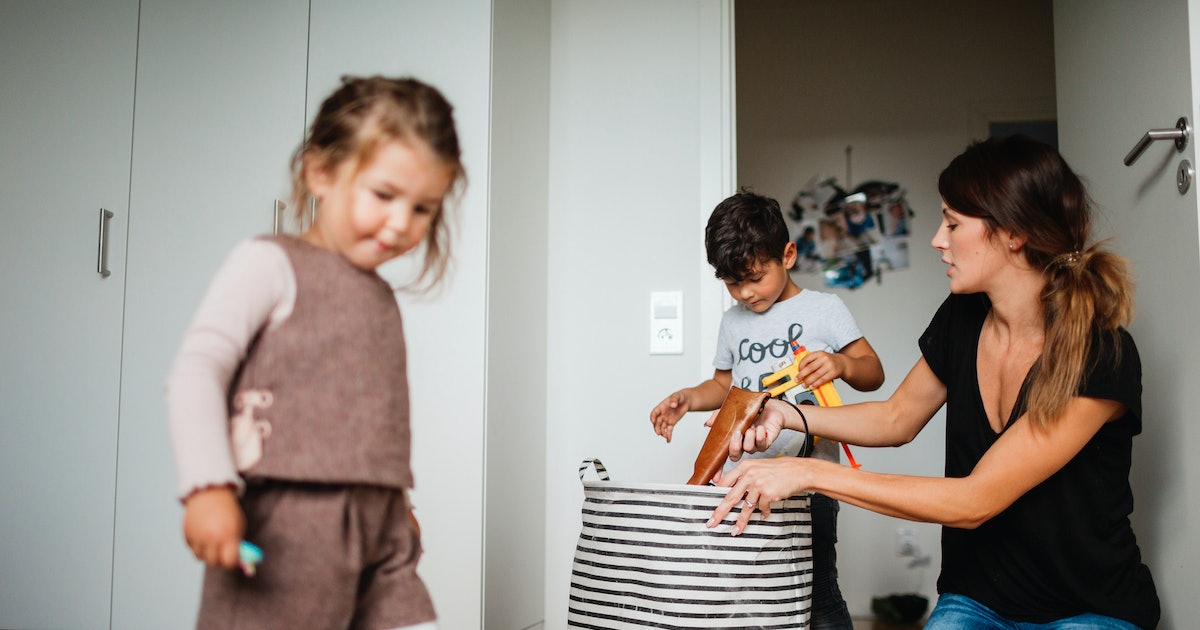Many of us may have experienced a childhood where parental cooperation was demanded rather than sought through collaboration. It is essential to recognize that parents of the past were often navigating uncharted territory in parenting, much like many of us today. The abundance of parenting guidance available can sometimes add to the confusion rather than alleviate it.
Parenting advice can often seem conflicting, oscillating between overly lenient or excessively strict approaches, which can be overwhelming on top of the inherent challenges of caring for a child.
When faced with scenarios like a child’s refusal to eat vegetables or reluctance to tidy up, parents may find solace in exploring the “Guided Cooperation” technique.
While the ultimate choice of parenting method should align with the family’s values and dynamics, persisting with unsuccessful strategies can be disheartening. Turning to evidence-based approaches can provide a structured path towards fostering a harmonious family environment.
Among the myriad of options available, methodologies that emphasize understanding the child’s perspective tend to yield positive results in addressing domestic issues. These techniques are not only applicable at home but can also be extended to other settings.
In a widely circulated TikTok video, parenting expert Dr. Chelsey Hauge-Zavaleta introduces the concept of Guided Cooperation, illustrating its practical application in facilitating children’s participation in household chores.
Decoding Guided Cooperation
Guided Cooperation essentially involves guiding the child through tasks deliberately and patiently, offering specific instructions and positive reinforcement throughout the process.
Dr. Hauge-Zavaleta advises parents to approach the child closely, provide detailed directives, and acknowledge even the smallest efforts made by the child.
Instead of issuing a generic command like “clean up your toys,” breaking down the task into manageable steps such as “Begin by collecting three yellow blocks” can enhance clarity and cooperation.
Beyond the video demonstration, Dr. Hauge-Zavaleta emphasizes the importance of reflecting on past interactions to refine future approaches. This self-awareness aids in managing frustrations and prevents reverting to ineffective strategies.
Acknowledging that perfection is unattainable, Dr. Hauge-Zavaleta advocates for embracing mistakes as learning opportunities, fostering resilience in both parents and children.
The Efficacy of Guided Cooperation
Dr. Hauge-Zavaleta highlights that the success of Guided Cooperation lies in nurturing a co-regulatory bond between parent and child. By prioritizing connection and empathizing with the child’s viewpoint, this method fosters a present-focused interaction that aligns with the child’s pace.
She emphasizes that many parents aspire to be positive and nurturing but may struggle due to their upbringing. Overcoming ingrained patterns requires a shift in perspective towards childhood and parenting approaches.
Key Takeaway
A pivotal reminder from Dr. Hauge-Zavaleta is the transient nature of challenging moments in parenting. Recognizing that difficulties are temporary can alleviate the sense of prolonged struggle and enable parents to appreciate both their own and their child’s achievements.
Finally, remembering to be thankful for little things and keeping a happy attitude can have a big impact on the bond between parents and children, leading to a more balanced family dynamic.
Curious for More?
Stay tuned for what lies ahead on this insightful parenting journey.

